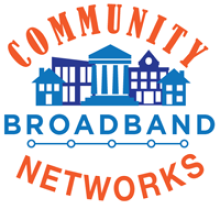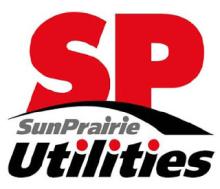The focus on community networks tends to linger on the technology - FTTH is much faster and more reliable than cable or DSL services. But community fiber is only partially about the superior technology, as evidenced by a recent story over at Broadband Reports - "
Verizon has been Quietly Increasing FiOS Fees."
We don't see this behavior in Chattanooga, which has gone over four years without raising the fees for Internet access to telephone services. Community networks rarely increase their fees because the cost of delivering Internet and telephone services declines over time. Television prices go up, though less rapidly for community networks than big cable firms because the big firms demand a bigger margin.
Further, we see that Verizon has been sneaking its price increases into things like the router rental fee, as Comcast and most providers have long done. At one point, renting the Comcast modem cost me $2, then $5, now $7, and in some places $9 I hear. Per month. I bought my own now - took less than a year to payback. But my bill has gone up even more since then, so I didn't gain much.
Now Verizon is even charging for battery backup units:
In addition to price hikes, promotion cuts, the new gateway rental fee and the activation fee, Verizon also recently started charging users for the backup batteries in their ONT units, first charging users for backup battery replacement, then charging users to get any backup battery in the unit to begin with.
Anytime you hear someone arguing that munis should only be able to build their own networks where the private sector absolutely refuses, recall that community owned networks are not simply a consolation prize, they are often superior. Better customer service, lower rates over the long term, and more likely to invest in upgrades as needed -
there is no good reason to condition this investment on the refusal of some other distant company to provide an inferior alternative.



